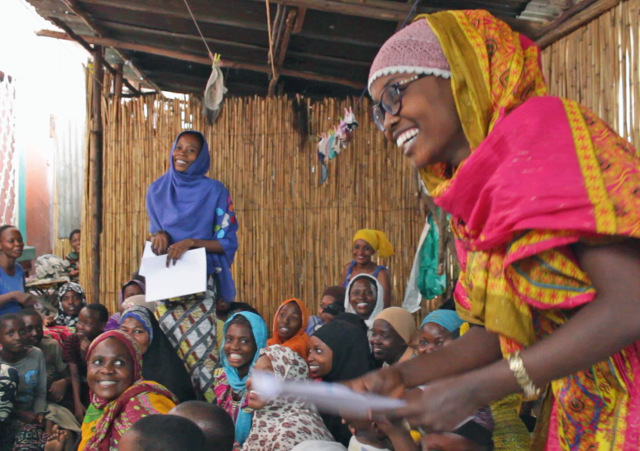Context
In 2016, Burundi continued to face a fragile security situation. EU measures under Article 96 of the Cotonou treaty remained in place, as well as various bilateral measures, including the suspension of co-operation with Burundi's police and army within the Netherlands Security Sector Development programme. International mediation efforts under the auspices of the EAC did not yield the desired results, as the government continued to exclude key opposition figures from the dialogue. The human rights and economic situation further deteriorated. The number of refugees from Burundi (450,000) and internally displaced people (100,000) increased. The general level of public services (health, education, agriculture) declined considerably. Part of the Dutch development co-operation programme continued, directly benefiting the population. Despite the crisis, good results were achieved in the areas of food security and sexual and reproductive health. Under difficult conditions, support continued for the preservation of media organisations and building the capacity of (N)GOs working on human rights and rule of law.





